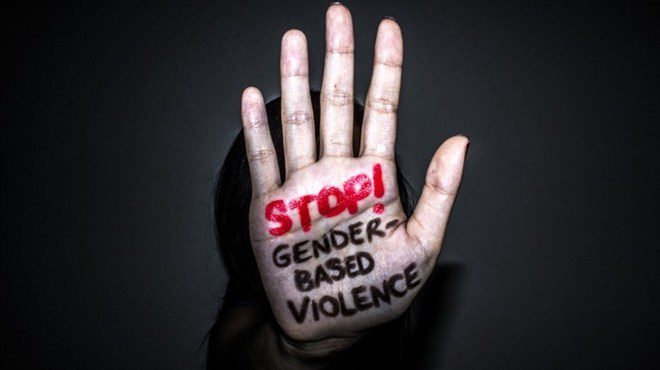Johannesburg- Women are not safe anywhere, even on film sets, where many still experience gender-based violence (GBV) at the hands of men.
This was highlighted during a virtual panel discussion on GBV in the film industry hosted by the Government Communication and Information System (GCSI), Deutsche Gesellschaft für Internationale Zusammenarbeit (GIZ) and United Nations Entity for Gender Equality and Empowerment of Women (UN Women) on Wednesday.
According to the 2017 research conducted by Sisters Working in the Film and Television (SWIFT), 75% of the 81 women who were polled felt “very unsafe” on a film set because of the prevalence of sexual harassment and incidents that have gone unreported or unaddressed.
In addition, SWIFT Chairperson, Zanele Mthembu, said 65% signified that they had witnessed sexual harassment by a perpetrator in a higher position, 30% in an equal position and 5% in a lower rank.
Meanwhile, the survey, which looked at sexual harassment in the workplace, found that 54.8% of the respondents intervened to stop the harassment, while 27% said they risked their livelihood to do so.
“Forty-one percent of the respondents felt they had experienced discrimination based on their body image, size or looks,” Mthembu told participants, adding that 55% felt discriminated against based on their sexual orientation, religion and income tax bracket.
Meanwhile, 23% indicated that they have been unwillingly touched while working in the industry.
According to Mthembu, there are however legal ramifications for these kinds of incidents and referral systems such as safety contact officers, who have been trained in the legal framework of dealing with sexual harassment.
“Their primary role is to receive the complaints to then manage those complaints. Then refer based on their investigation on what would be the next step,” she explained.
She said SWIFT has collaborated with a private and independent dispute resolution company, which assists producers to deal with cases of sexual harassment in the workplace.
“They know exactly how to investigate, how to initiate disciplinary hearings and the sanctions on the outcome of those disciplinary hearings.”
She stressed that the contact officers are legally trained to emphasise the rights of the complainant and alleged perpetrator to ensure the process is fair.
Representing the National Film and Video Foundation (NFVF), Onke Dumeko, said the GBV incidents on sets was a reflection of the broader South African society.
“So then it will still surface within the industry. Because South African society comes out of a very violent past, which has created this culture of violence. “
Citing the Gender, Diversity and GBV in South African TV report, Dumeko said women’s voices are still underrepresented in the news.
“Women, we are still missing right in the news. Therefore, we only constitute 39% of TV news sources.”
The study was published by the Partnerships for Prevention of Violence against Women and Girls in Southern Africa Programme (PfP), UN Women, GIZ and the South Africa Multi-Country Office.
In addition, she said over the 16 Days of Activism against Gender-Based Violence period, the communication around engagement of women and GBV are heightened, but tends to wane afterwards.
“We tend to be better represented in entertainment and children’s programming. So, if we are better represented as characters and entertainment than subjects in the news, then already details on those concepts of seriousness and level of economic participation.”
She said women are still affected by gender equality challenges and GBV and therefore should be everyone’s problem to chart the way forward.
– SAnews.gov.za
Follow @SundayWorldZA on Twitter and @sundayworldza on Instagram, or like our Facebook Page, Sunday World, by clicking here for the latest breaking news in South Africa. To Subscribe to Sunday World, click here.
Sunday World



